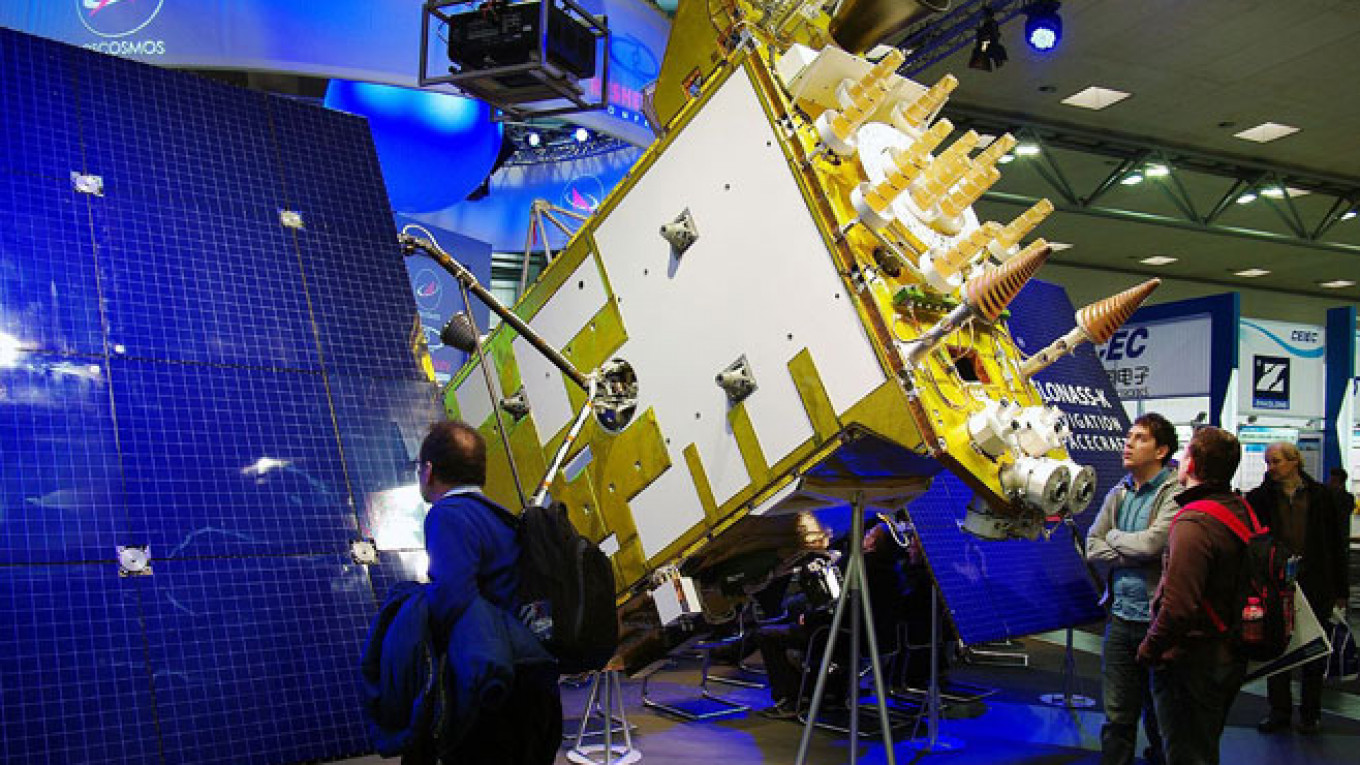While the U.S. and Russia continue to bicker over the deployment of Glonass navigation stations on American soil and the status of GPS stations in Russia, Moscow has found a way to get its foot in the door to North America by installing Glonass infrastructure in Cuba.
A statement on the Russian government's website on Wednesday said Russia had signed a new space cooperation agreement with Cuba — a country that has no presence in space at all. The only substance to the agreement, which the statement said is "intended to create a legal and organizational basis for mutually beneficial Russian-Cuban cooperation in the field," is Cuba's assenting to host Glonass differential correction and monitoring stations.
If Russia is ever to bring Glonass up to snuff with the U.S.-owned and operated Global Positioning System, or GPS, which Moscow needs to do to effectively utilize Glonass for military and economic purposes, it must have a truly global network of tracking stations. In this regard, Cuba is a beachhead for Russia's satellite technology in North America.
Russia had wanted to base stations in the U.S., but U.S. authorities have been dragging their feet on the issue of hosting Glonass stations for almost a year due to national security concerns — much to the consternation of Russian officials such as Deputy Prime Minister Dmitry Rogozin, who last month decided to hold for ransom a network of scientific GPS stations used to monitor continental drift on the Eurasian landmass. Rogozin threatened to shut GPS off from the stations if Washington does not hammer out a deal on the placement of Glonass stations in the U.S. by Sept. 1.
Russia plans to establish Glonass facilities in 36 countries around the world, enabling different stations to compare location data in order to dramatically increase the accuracy of Glonass's positioning information — a technique known as differential correction. Russia hopes that this worldwide network will allow it to achieve a level of parity with GPS in terms of reliability and accuracy for the end-user.
Already Glonass stations have been set up in Brazil and Antarctica, but Russia hopes to establish an additional 50 stations, including in the U.S., to support these ambitions.
See also:
Russia Cracks Down on GPS to Win Spot for Glonass on American Soil
Contact the author at bizreporter@imedia.ru
A Message from The Moscow Times:
Dear readers,
We are facing unprecedented challenges. Russia's Prosecutor General's Office has designated The Moscow Times as an "undesirable" organization, criminalizing our work and putting our staff at risk of prosecution. This follows our earlier unjust labeling as a "foreign agent."
These actions are direct attempts to silence independent journalism in Russia. The authorities claim our work "discredits the decisions of the Russian leadership." We see things differently: we strive to provide accurate, unbiased reporting on Russia.
We, the journalists of The Moscow Times, refuse to be silenced. But to continue our work, we need your help.
Your support, no matter how small, makes a world of difference. If you can, please support us monthly starting from just $2. It's quick to set up, and every contribution makes a significant impact.
By supporting The Moscow Times, you're defending open, independent journalism in the face of repression. Thank you for standing with us.
Remind me later.






